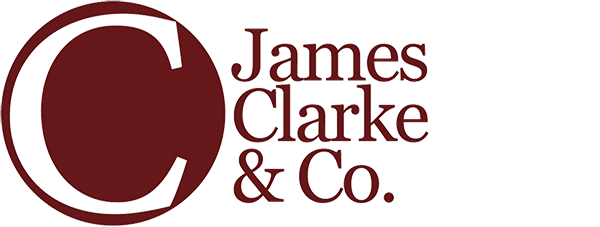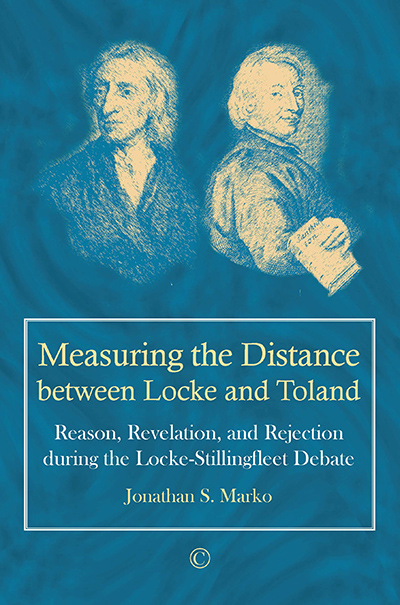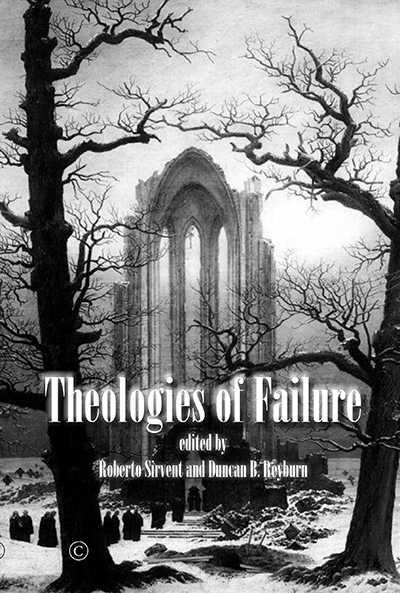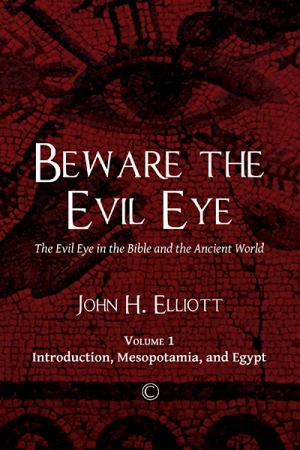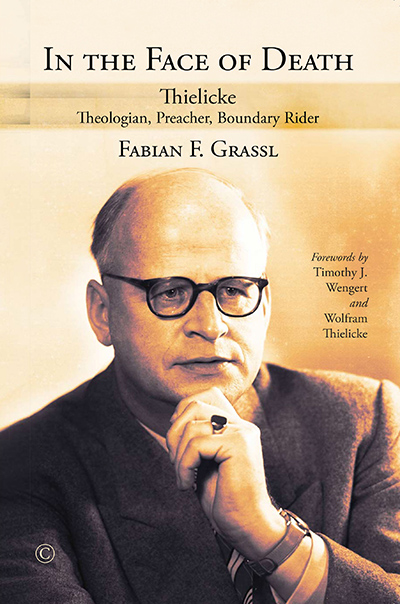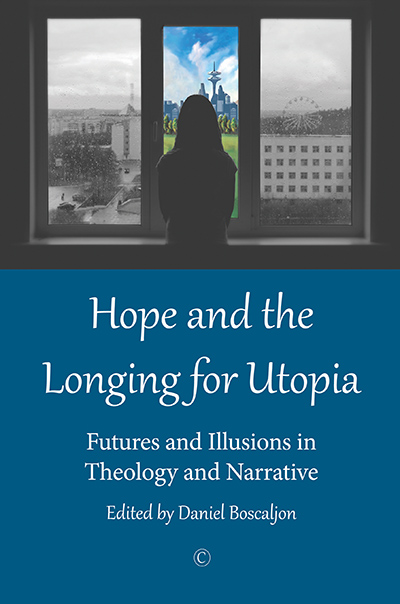Description
Ever since Bishop Stillingfleet accused John Locke of having unwittingly paved the way for the alleged heresy promulgated in John Toland’s Christianity Not Mysterious, the latter two thinkers and works have been consistently joined in histories of philosophy covering the rise of natural religion in England. While scholars have generally thought that Locke got the better of the good bishop in their subsequent written exchanges initiated by the charge, they appear merely to assume that Stillingfleet correctly read Toland and that Locke accepts that reading. Perhaps the most obvious piece of evidence favouring that stance is that while Locke clearly admits ‘above reason’ doctrines, Toland dismisses them: Christianity is not mysterious! Through patient exposition of relevant texts and letters, deconstruction of scholarly works, and careful reasoning, Measuring the Distance between Locke and Toland shows that Toland’s deviations from Locke regarding reason and faith are far more minor than anyone has concluded. Stillingfleet was correct to connect them, but was incorrect in the way that he did it.
About the Author
Jonathan S. Marko (BS, MDiv, PhD) is Assistant Professor of Philosophical and Systematic Theology at Cornerstone University in Grand Rapids, Michigan.
Contents
Acknowledgments
1. Introduction
2. The Locke-Stillingfleet Controversy: From False Start to Footing for Exploring Locke’s and Toland’s Epistemologies
3. Locke’s Incorporation of Faith and Revelation within Reason
4. Toland’s Incorporation of Faith and Revelation within Reason
5. Conclusions and Implications
Bibliography
Index
Endorsements and Reviews
This book is a fine example of ‘revisionist’ scholarship done properly. It is not a creative or liberating new interpretation, but an insightful re-reading of the primary texts and scholarly literature that is historically, philosophically, and theologically well informed.
Dr John W. Cooper, Professor of Philosophical Theology, Calvin Theological Seminary
The story of the rise of deism often mentions connections between John Locke and John Toland, but those connections are not well understood. Scholarship on Toland, in particular, suffers from longstanding misinterpretations of his views. In this groundbreaking study, Marko provides insights into the thought of both Locke and Toland and sets both figures into their larger intellectual context.
Ronald J. Feenstra, Academic Dean, Professor of Systematic and Philosophical Theology, Calvin Theological Seminary
